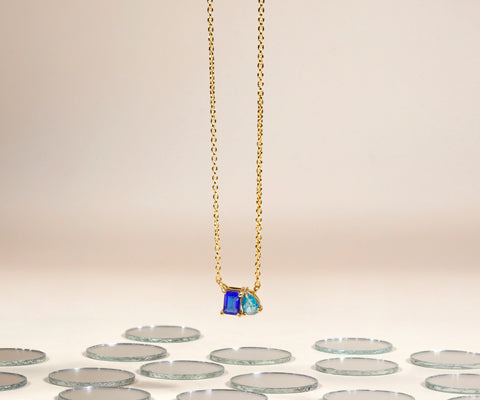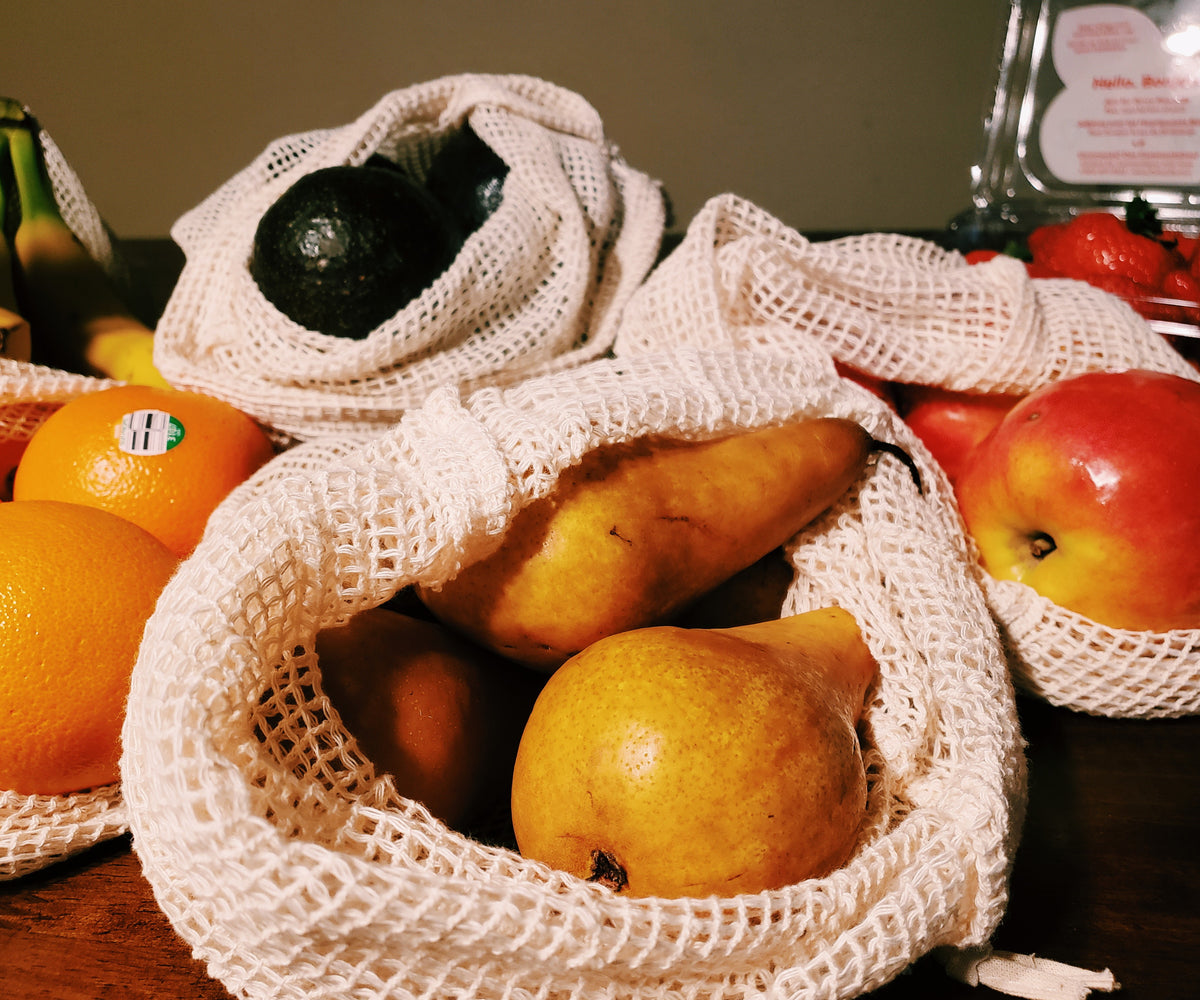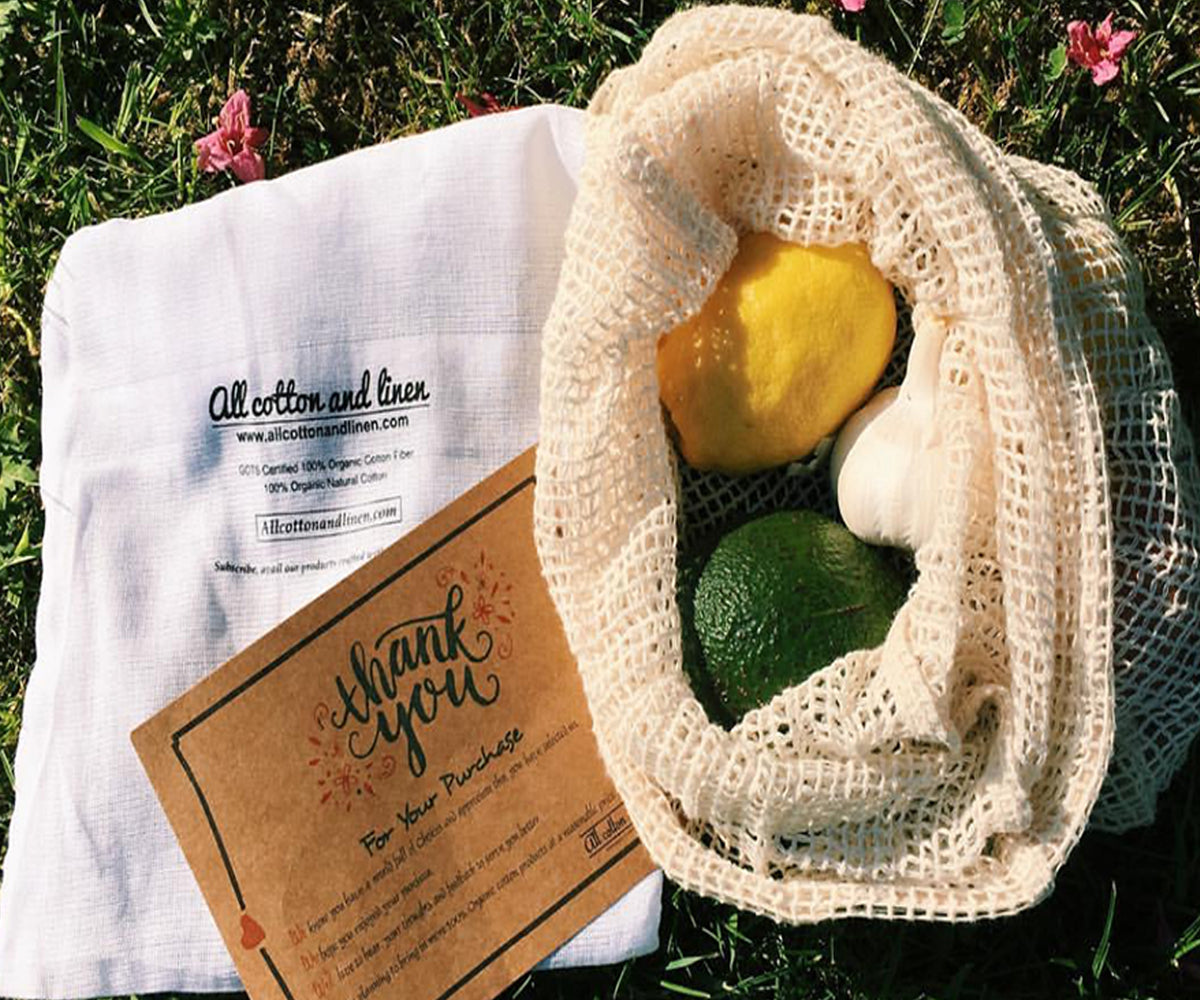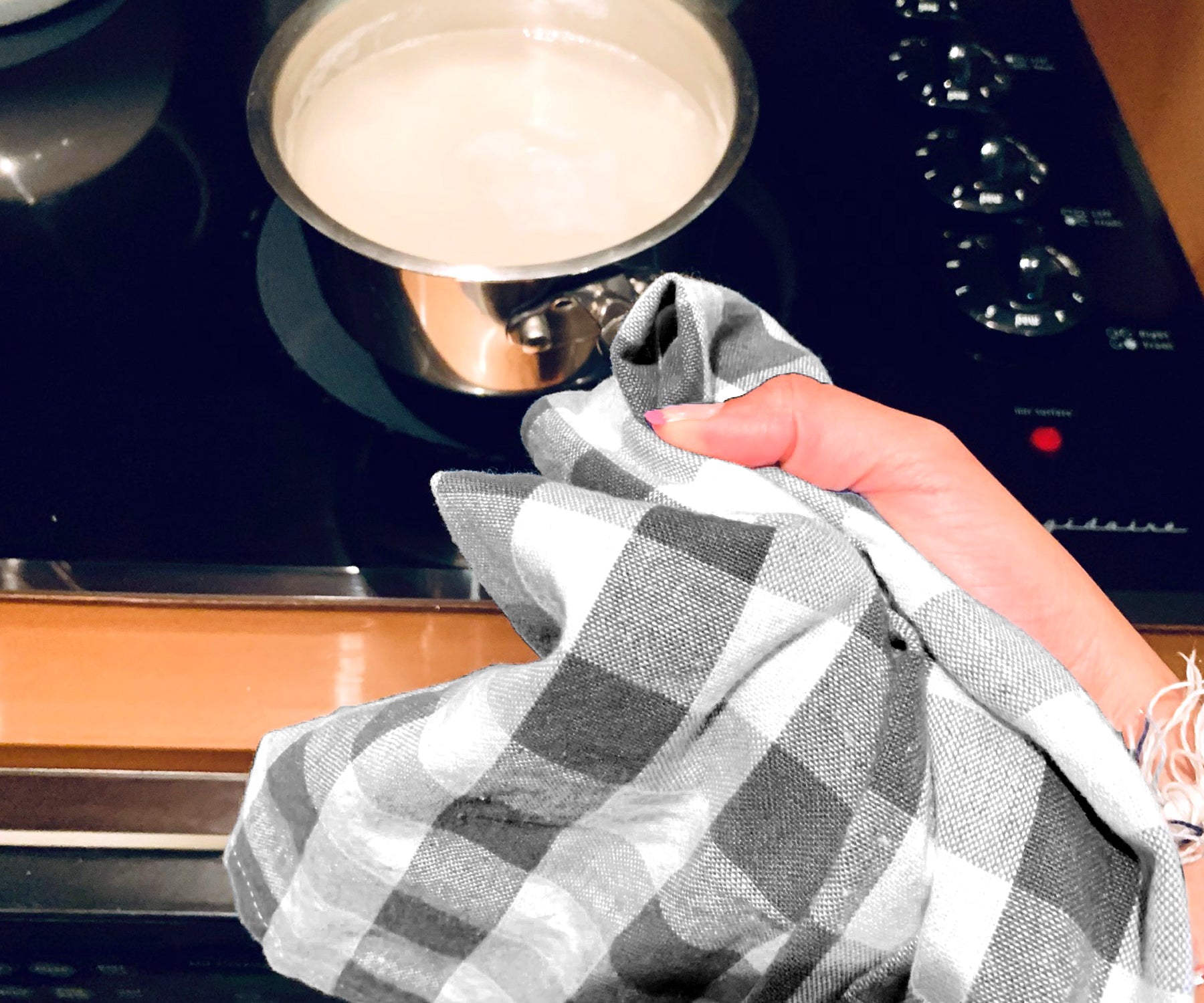The Rise of Reusable Bags:
Over the past few decades, plastic bags have dominated the retail landscape, causing significant environmental harm. These single-use bags find their way into landfills, oceans, and ecosystems, contributing to pollution and endangering wildlife. Recognizing the situation's urgency, reusable grocery bags and mesh storage bags emerged as a convenient and eco-friendly alternative.
The appeal of mesh produce bags lies in their durability and versatility. Crafted from materials like canvas, jute, and recycled plastics, these bags are designed to withstand repeated use and the weight of groceries. They offer a practical solution for shoppers while also serving as a tangible way to reduce plastic waste.
The Magic Number :
While there is more than one-size-fits-all answer to how often a reusable bag should be used, researchers and environmental organizations have attempted to estimate. Using cotton bags 131 times would have a lower environmental impact than using plastic bags for the same purpose. The number of times a reusable grocery bag can be used before it "pays off" environmentally can be a point of contention. The answer, though variable, lies in the concept of produce bags reusable longevity. By extending the lifespan of each bag, we amplify its eco-friendly impact. Remember that a bag's journey doesn't end at the checkout counter – it continues as a utility, a storage solution, or even a craft project.
Considering the 131-use benchmark for a cotton bag emphasizes maximizing bag longevity. Imagine using a single bag for grocery shopping every week – over two years of consistent use before its environmental impact matches that of disposable bags. Now, if that bag is well-cared for and creatively repurposed after its shopping days, mesh fruit bags influence multiplies. However, the 131-use benchmark is only sometimes applicable. The required number of uses for bags made from recycled materials or other sustainable fabrics could be significantly lower. The lifespan of a reusable bag varies based on its care, weight, and exposure to environmental conditions.

The Reusable Revolution:
In a world where convenience often clashes with conservation, reusable grocery bags stand as a beacon of balance. They remind us that simple choices can hold immense power when multiplied across millions of individuals. Each time you opt for reusable vegetable bags over a single-use one, you play a part in the larger sustainability narrative.

By adhering to these pointers, we cement our commitment to environmental responsibility.
- Reusable grocery bags can serve as versatile storage and organizational solutions in your home. Use the cloth shopping bags to categorize items in your pantry, closet, or garage.
- Transform your reusable grocery bags into eco-friendly lunch or snack carriers. Pack your meals and snacks in these mesh market bag, keeping your food secure and reducing the need for disposable containers or plastic bags.
- Reusable grocery bags can become convenient companions for pet owners. Use them as travel bags to carry pet supplies like toys, treats, and food when you're on the go.
- By discovering new and inventive methods to use grocery shopping bags beyond their initial grocery-carrying purpose, you reduce plastic waste and promote a greener future.
For Further Reference:
- Beyond Plastics: This website discusses a study that suggests a cotton bag needs to be used at least 7,100 times to be truly eco-friendly. They emphasize reusing any bags you have as much as possible.
- Down To Earth: This website cites a Danish study that provides a more nuanced perspective. The study suggests the number of reuses needed varies by bag material: polypropylene (37 times), paper (43 times), and cotton (7,100 times) .













